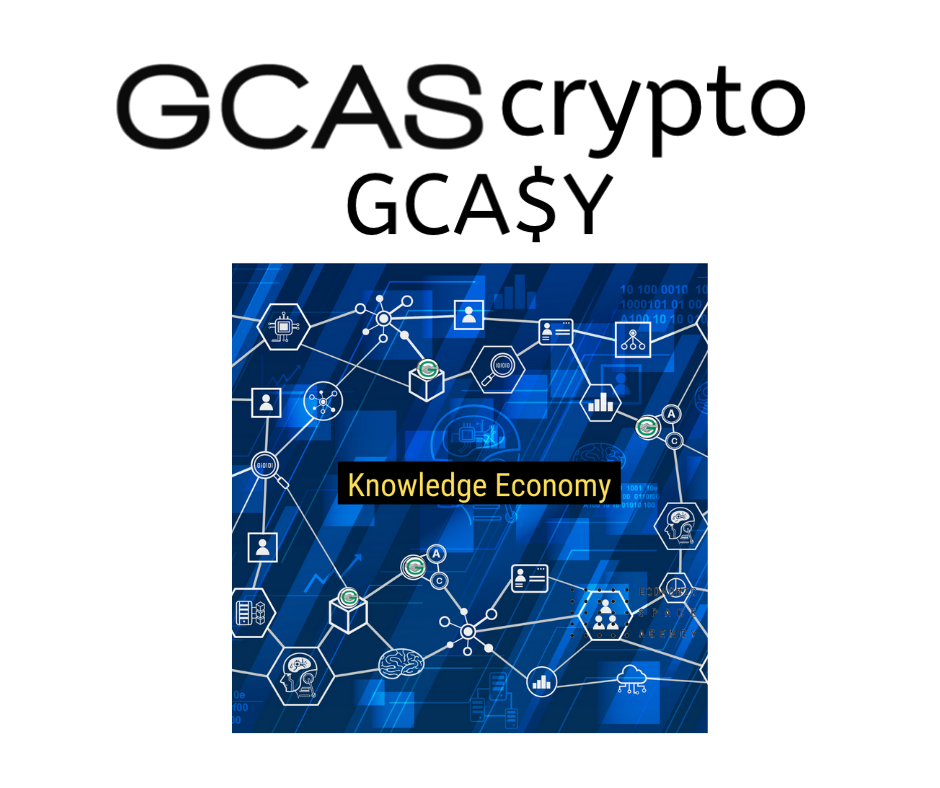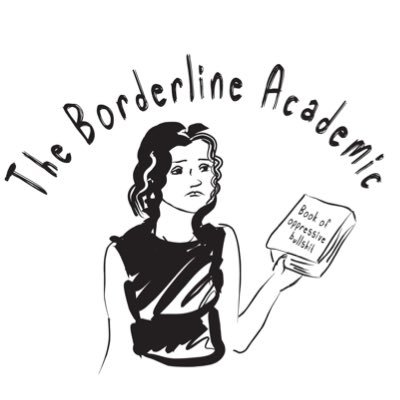A Case for Mad Antinatalism
A Case for Mad Antinatalism
By: The Borderline Academic & TraumaKween
Antinatalism is the belief that it is inherently unethical to force existence on people. Beyond that, existing subjects people to a life that is valued only by what they can quantifiably produce. Because of the value our current system places on production, it inherently disadvantages entire communities of people and reduces the value of each person to their productivity. This devalues a person’s inner experience, relationships, creativity - in other words, our humanity.
Under the current framework, industrialized society is built around the goal of producing and consuming to the benefit of a very wealthy few. Pronatalism is the default mode of society, by which people are encouraged to procreate to contribute as many consumers and laborers as possible. These two mandates - to produce and reproduce - impact the same marginalized communities who are stripped of their autonomy when it comes to reproductive rights.
The current framework is one that involves forcing people to endure pain and valuing people who endure pain (and therefore also devaluing those who don’t endure pain or who don’t endure pain in ways that are deemed appropriate). Both production and reproduction inherently entail work and labor, processes that are inextricably linked to the experiences of pain.
So what does this have to do with Mad Pride?
We believe that madness is largely about and defined as reactions to pain. While “sanity” is defined as going through life, enduring pain in order to meet the requirements of production and reproduction, and being well-adjusted to those requirements, those who are deemed Mad or mentally ill often fail to meet or even reject those requirements. Experiences outside of the spectrum of what is defined as “sanity” include being bedridden because of depression, hearing voices or having visions, extreme states or altered realities, or loud displays of emotion - all of which disrupt the dual mandates to produce and reproduce. Mad Pride is a philosophy that finds value in all of these experiences and advocates that it is acceptable and deserving of space to react to the pain of existing, instead of merely enduring it obediently.
Antinatalism goes a step further by stating that not only is it acceptable to react to the pain of existing, but it is your right to not be forced to experience this pain to begin with. As technology advances more and more quickly and human existence is reduced to points of data, we are forced to adapt and maintain at faster and faster rates, which disadvantages and punishes Mad, disabled, and other marginalized people. Our behavior is constantly and relentlessly being adjusted to meet the production needs of a particular entity.
Under neoliberalism, health is increasingly being surveilled. Health is typically defined as how well a person can function, be productive, and adjust to the demands of capitalism. Virtually all of the data we provide is to assess how well we are functioning and encourage us to consume more products that will make us better laborers. Healthcare is not about alleviating suffering or reducing pain; it is centered on the goal of making people more able-minded or able-bodied so that they can contribute more output or be more likely to reproduce. Nowhere is this more blatant than the field of mental health. The World Health Organization defines mental health as “a state of well-being in which every individual realizes his or her own potential, can cope with the normal stresses of life, can work productively and fruitfully, and is able to make a contribution to his or her community.” The vast majority of mental health services exist with the stated purpose of adjusting behaviors to be more in line with capitalist demands. The mental health industrial complex redefines what constitutes a worthy or valuable contribution as that which is capable of meeting an industry’s bottom line. This is parallel with the devaluation of creativity, relationships, etc.
When oppressed people reject these demands altogether and desire to stop existing, this too is regulated and punished. It is an obligation for people to meet the demands of productivity and reproductivity, and this obligation cannot even be escaped through death. Suicide and the right to die are systematically attacked from all sides of society - religion, healthcare, the legal system, etc.
White supremacy, patriarchy, and healthcare all value what a person can contribute to capitalism and seek to restrict a person’s bodily autonomy on that basis. Few places is this more prevalent than in the fight for reproductive justice. People who are deemed able-bodied and able-minded are pressured to procreate as much as possible and often are deprived of access to abortion and contraception, while Mad, disabled, and queer people are often pressured not to procreate and, in many cases, and through legal means, even forcibly sterilized.
Many arguments for Marxism also emphasize that labor is central to existing. While Marxist activism plays an important role in challenging the uneven distribution of resources, it often reifies the demand for production and reproduction. Mad antinatalism rejects the central role of labor and advocates for the free expression of pain and the disruption of forced labor.
Pronatalism reinforces queer-antagonism and ableism. By many definitions, disability is classified as that which makes a person less likely to reproduce. Not being able to reproduce or choosing not to reproduce marks a person as a pariah of society. This is a major reason that LGBTQ people and disabled bodyminds have been deemed as deviant by the healthcare industrial complex and reinforced by major religious entities and the State. This also reinforces traditional gender roles and doesn’t leave space for queer, Mad, or disabled people to exist or be valued. This is especially true if in addition to being queer, Mad, or disabled, an individual identifies as a person of color.
Rejecting the mandate to produce and reproduce would open up so many possibilities for Mad and disabled people. Through the lens of Mad antinatalism, a person’s existence is valuable in itself instead of its output. Mad antinatalism redefines health as something that can exist outside of a person’s capacity to produce and reproduce. Mad antinatalism puts emphasis on community and connection over bottom lines and return on investment. There is more space for non-familial and platonic relationships to be centered and valued.
Here are some questions to consider:
● If you weren’t told what’s considered valuable, what would you consider valuable?
● How might you choose to engage with the world if the pressure to reproduce was lifted?
● What would communities look like if non-biological relationships were valued and legitimized as much as biologically related people?
● What if friendships, camaraderie, mentorships, and chosen family were granted just as much legitimacy as biological parent-child relationships?
● What if adoption were an equally valid and lauded route to parenthood as biological reproduction?
● What would life be like for female-bodied people if we weren’t constantly used as tools to be surveilled and controlled and assessed for risk of either “incorrect” procreation or “failure” to procreate?
● What would life be like if you didn’t feel pressured to take the risks that accompany pregnancy, such as childbirth complications, labor-induced post-traumatic stress, and postpartum depression/psychosis? How does this intersect with any marginalized identities you may have, considering that people of color are at increased risk of adverse health outcomes and medical mistreatment?
● How might our definitions of masculinity and femininity change if they weren’t tied to fertility and (for women) having childbearing bodies? How might trans people be more accepted?
● What would you have time and space to focus on in the here-and-now if you didn’t have to go to work, pay bills, and maintain your health for the sake of reproducing and raising the next generation of workers?
The Borderline Academic is Mad, disabled, and proud of it. She writes pseudonymously about her experiences of being Mad in a sanist world.
TraumaKween is a Mad anarchist, antifascist and wicked femme. Her work is a personal deconstruction of the world around her. No gods, no masters, motherfuckers .





